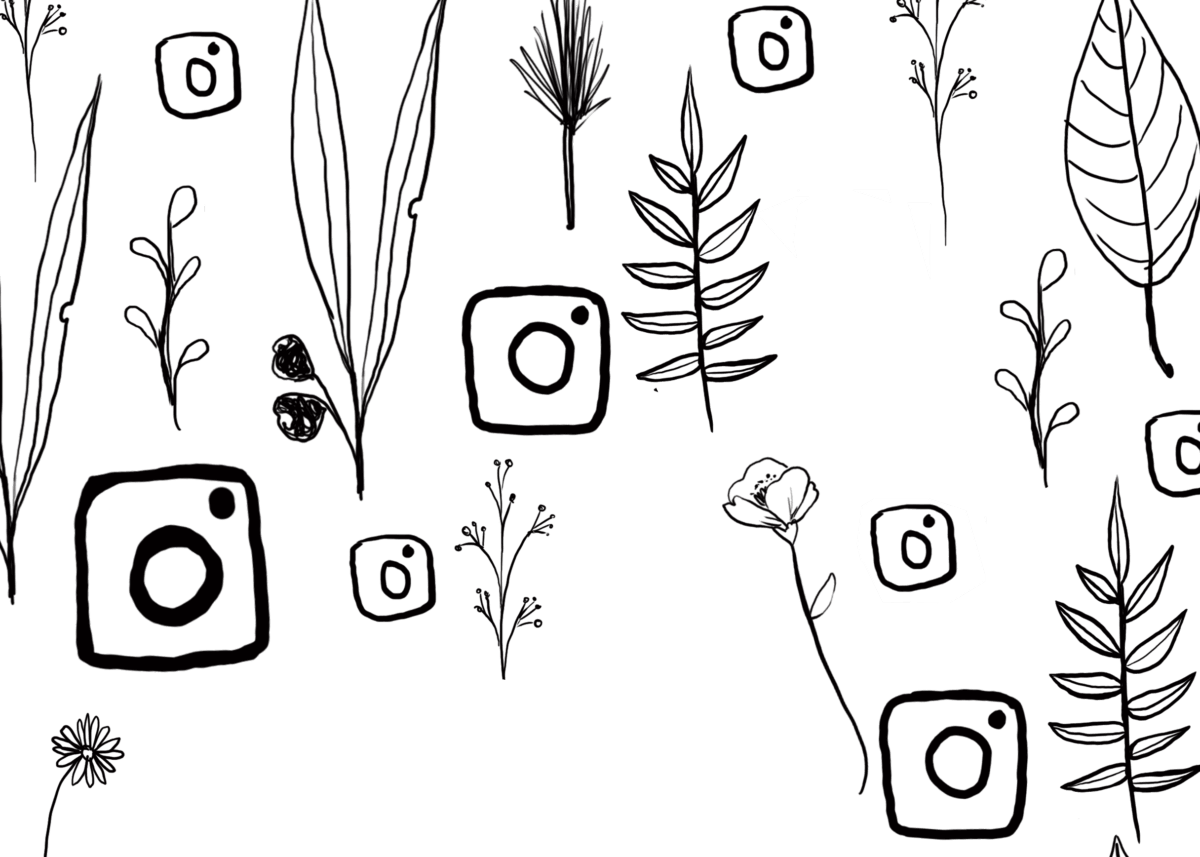I first heard about plastic-free July last year on Instagram. Being a science student with a marine science major, I’d been continuously exposed to the threat that plastic has on our marine ecosystem, in particular, the wildlife. Like many others, I didn’t realise how much we rely on plastic in our current society until I tried to remove it. Everything from hygiene and beauty products, to both fresh and pre-packaged foods, to clothes, is packaged in plastic. It seems almost impossible to remove plastic from our lives.
This is why I think social-media-based movements like Plastic Free July are so effective. Not only do they create a community online where information and tips can be shared, but it also makes it very clear how to get involved. I’ve found the @plasticfreejuly community to be very inclusive, as it encourages people to reduce their plastic consumption, without the pressure of entirely eliminating plastic. Their goal is for everyone to reduce their plastic use as much as is feasible for each individual. This contrasts to many other movements that advocate an ‘all-or-nothing’ approach that ultimately pushes people away. On the Plastic Free July website there are options to pledge a variety of goals for the month, including trying to remove only coffee cups and plastic bags, becoming plastic-free for just one week or going cold turkey for the whole month. Having inclusive options like this means that more people feel like they can get involved without having to completely change their lifestyle. In environmental activism,this is extremely important. A million people trying to remove some plastic from their lives, even if the amount is small, is exponentially more effective than a handful of people being completely plastic-free, which is often what happens when people are shamed for not entirely removing plastic from their lives. Small steps across a whole community make enormous impacts.
I’ve seen a few things on social media lately laughing at those who use keep cups and think they are ‘eco-friendly.’ While using a keep cup is a first step to reducing plastic waste and your environmental footprint, so many more steps can be taken. In my opinion, making fun of those who only use keep cups is so stupid. Yes, the keep cup has become ‘trendy,’ but isn’t this something we should be celebrating? It shouldn’t matter if some people only use a keep cup to be fashionable and not for environmental reasons. I mean, it would be great if they could do it for the environment and consider their footprint in other aspects of their lives, but they’re still using a keep cup. It’s ultimately a win for the planet, so who cares? Personally, I’m stoked to see anyone using a keep cup regardless of their motivations. The reality is that becoming more environmentally conscious is becoming more and more mainstream. High profile public figures and influencers are talking about it more than ever, and the market for environmentally friendly food, clothing and retail is bigger than ever before. Back to Instagram, people with huge followings are spreading their message of sustainability such as Grace Beverly (1 million followers), DJ Tigerlily (604k followers), Zanna van Dijk (280k followers) and David Pocock (202K followers). With such a wide reach, public figures have an enormous influence on encouraging sustainability to their followers.
Social media has been crucial to Greta Thunberg’s school strike activism for climate change, which has now spread across the world. The attention garnered by her large following has pushed her into the spotlight as the face of environmental activism for our generation. And while Greta’s feed, on first glance, has very little in common with Grace Beverley’s, the message is the same. Encourage, not discourage, bring people in and don’t leave people out. Keep your keep cup, encourage discussion, but most importantly, accept everyone into the environmental activism movement. Like plastic-free July, encourage people to take any step, no matter how big or small. And be stoked that environmentalism is finally becoming fashionable.
We acknowledge the Ngunnawal and Ngambri people, who are the Traditional Custodians of the land on which Woroni, Woroni Radio and Woroni TV are created, edited, published, printed and distributed. We pay our respects to Elders past and present. We acknowledge that the name Woroni was taken from the Wadi Wadi Nation without permission, and we are striving to do better for future reconciliation.
